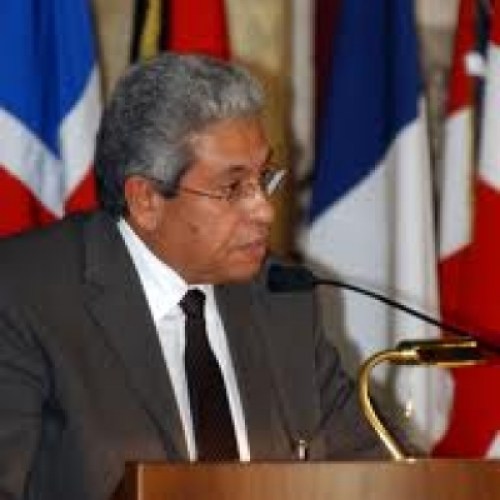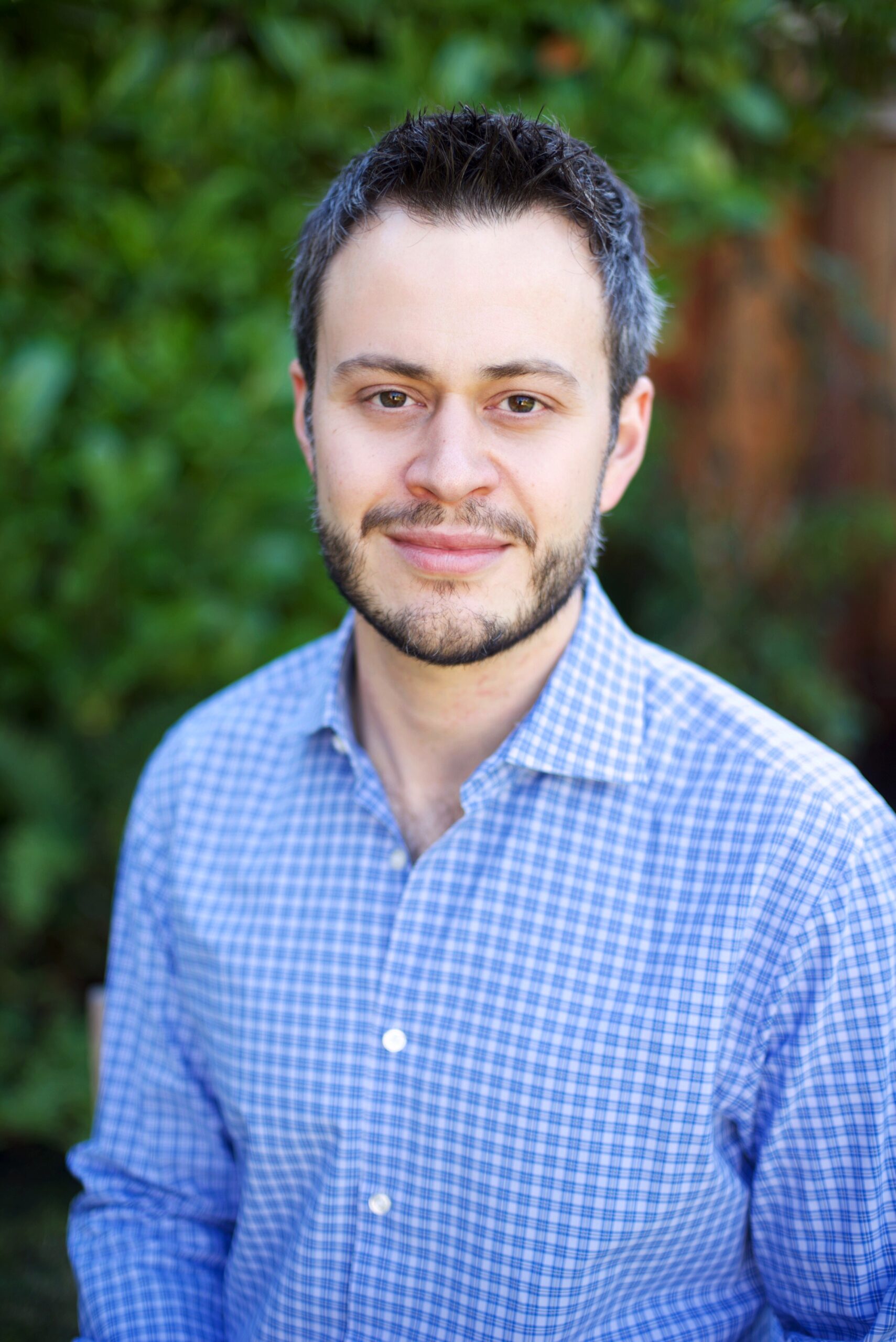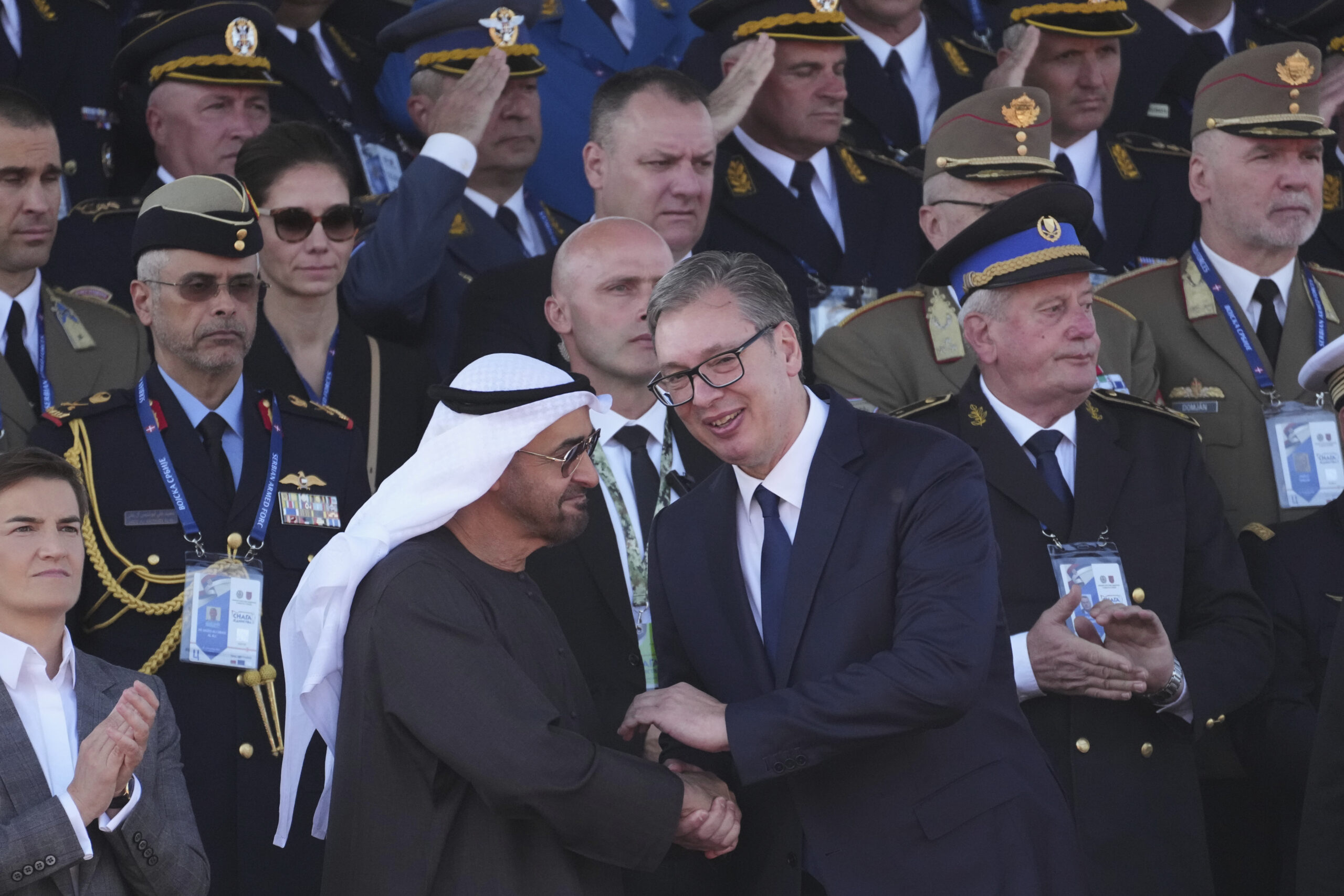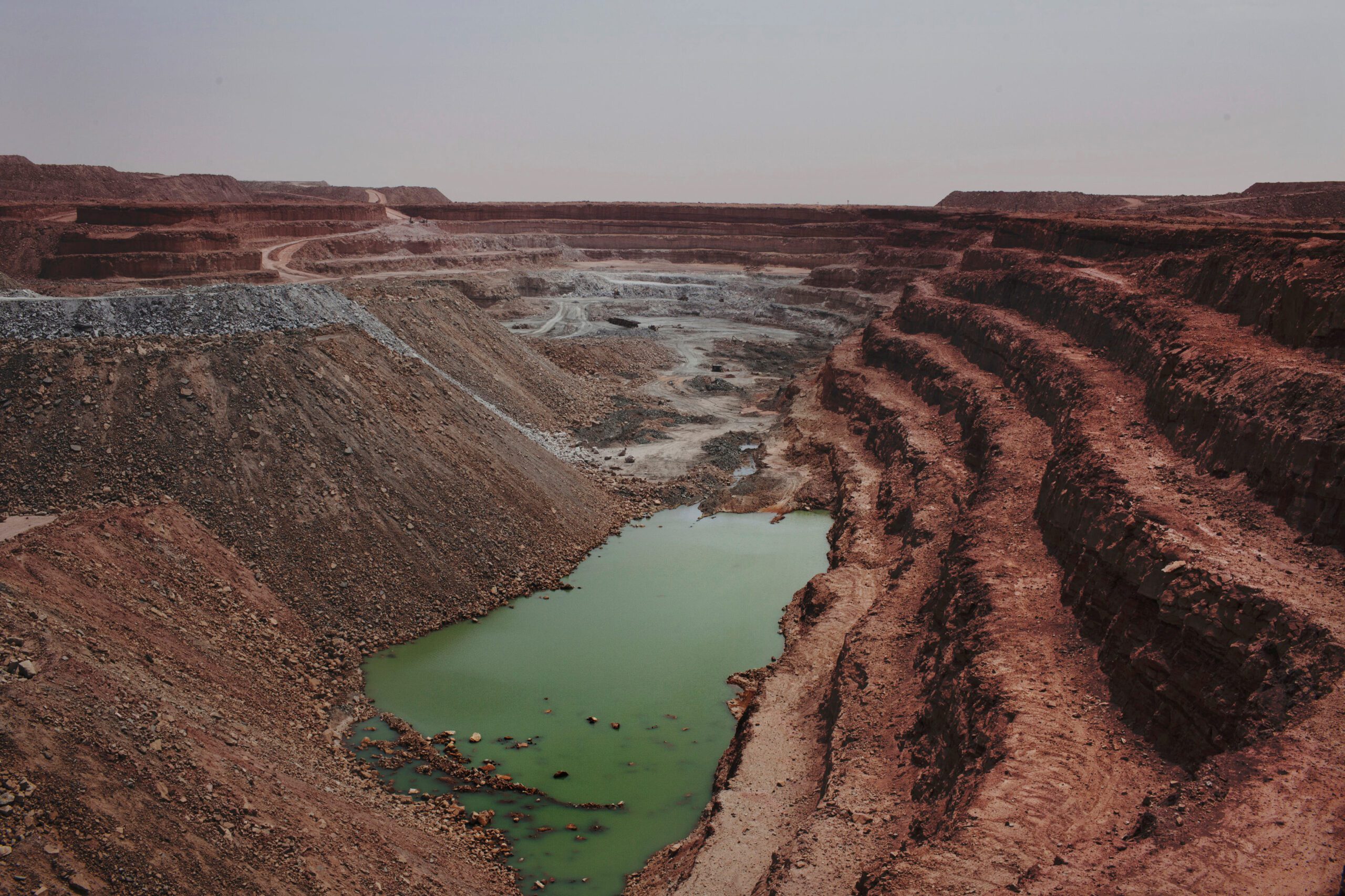Egypt-GCC Partnership: Bedrock of Regional Security Despite Fissures
Egypt and the GCC countries have a complex, but indispensable, diplomatic, military, and political partnership in the contemporary world.
2 min read
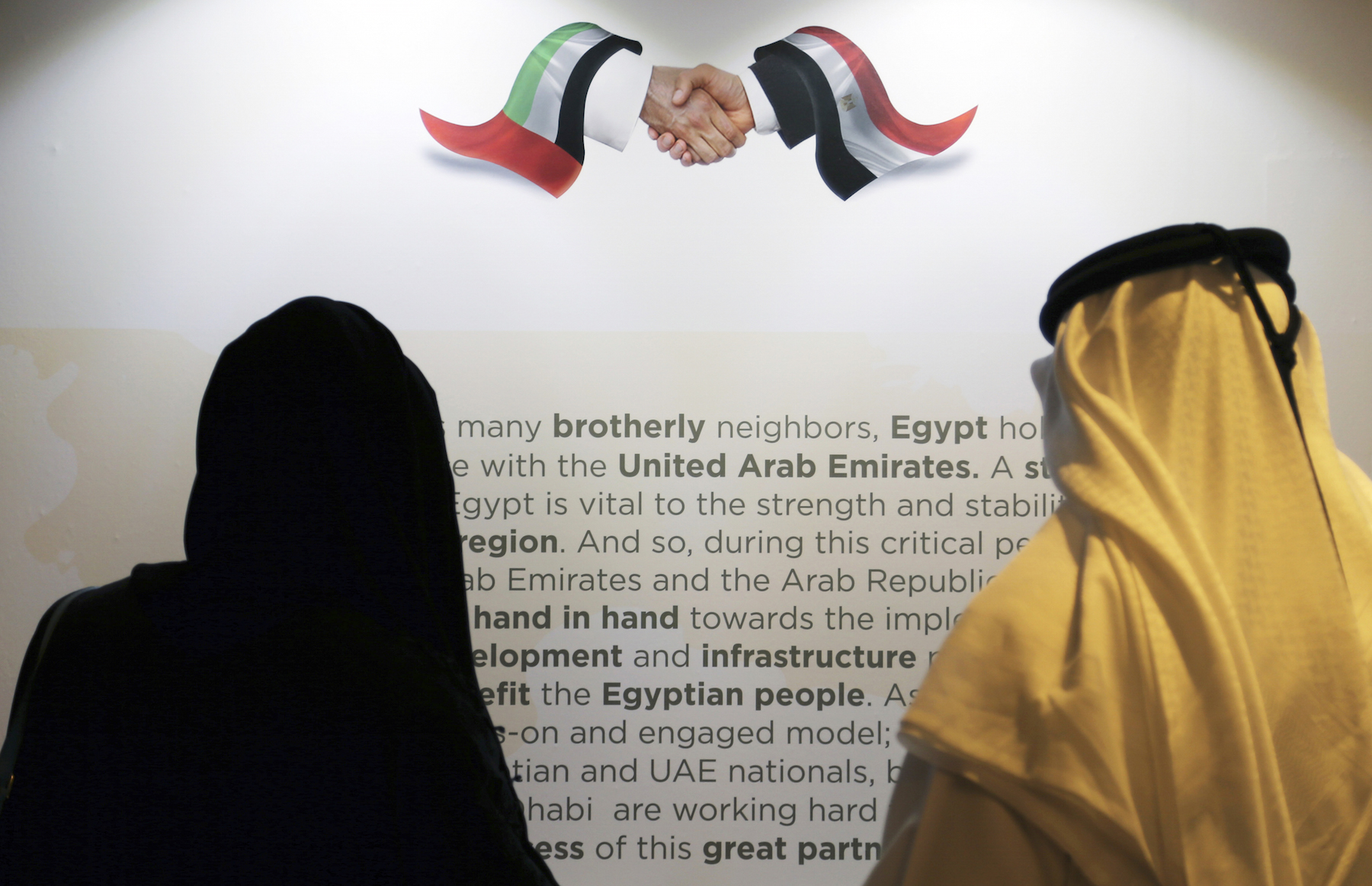
Executive Summary
Egypt and the Gulf Cooperation Council countries have a complex, but indispensable, diplomatic, military, and political partnership in the contemporary world. Egypt represents the epicenter of the Arab population – as by far the most human resource-rich Arab country – and is a traditional cultural powerhouse in the Arab world at both the intellectual and popular levels. It is also, arguably, the sole contemporary Arab country that is an ancient and relatively homogeneous nation-state with borders that have been recognized for many centuries. The Gulf countries contain much of the mineral and financial wealth of the Arab world, and have their own important cultural and religious influences, some of them traditional as with Saudi Arabia’s religious role because of its geography, and some of it more newfound, bound up with the wealth and growth of the Gulf states.
Yet even within this spirit of cooperation, whereby Gulf countries like Saudi Arabia, the United Arab Emirates, and Kuwait have strongly moved to support the Egyptian economy and promote the post-Muslim Brotherhood government led by the former general, President Abdel Fatah al-Sisi, there remains an undercurrent of competition for influence within the Sunni Arab world and beyond. Whatever their quiet reservations, the Gulf countries will almost certainly continue to regard Egypt as essentially “too big to fail” and Egypt will continue to regard the Gulf countries as indispensable partners in securing the regional status quo and combating religious and political extremism. However, Egypt sees Islamism very differently than Saudi Arabia, Kuwait, and, especially, Qatar, and tends to side with the UAE’s categorical rejection of all forms of politicized religion in the Islamic world. Therefore, the Egyptian-Gulf relationship is a complex and delicate one with a good deal of nuance and competition over details, with generalized cooperation on the biggest picture issues. As long as the Egyptian government remains stable, this essential framework is likely to continue.
The AGSIW Gulf Rising Series
This paper was developed as part of AGSIW’s Gulf Rising series analyzing the energized role of the Gulf Arab states in the international system. The series looks beyond GCC relations with the United States to examine ties with other key countries and regions. Additionally, it investigates motivations behind Gulf Arab states’ foreign policy choices and evaluates the implications for U.S. foreign policy toward the GCC states and the region.
The views represented herein are the author's or speaker's own and do not necessarily reflect the views of AGSI, its staff, or its board of directors.
